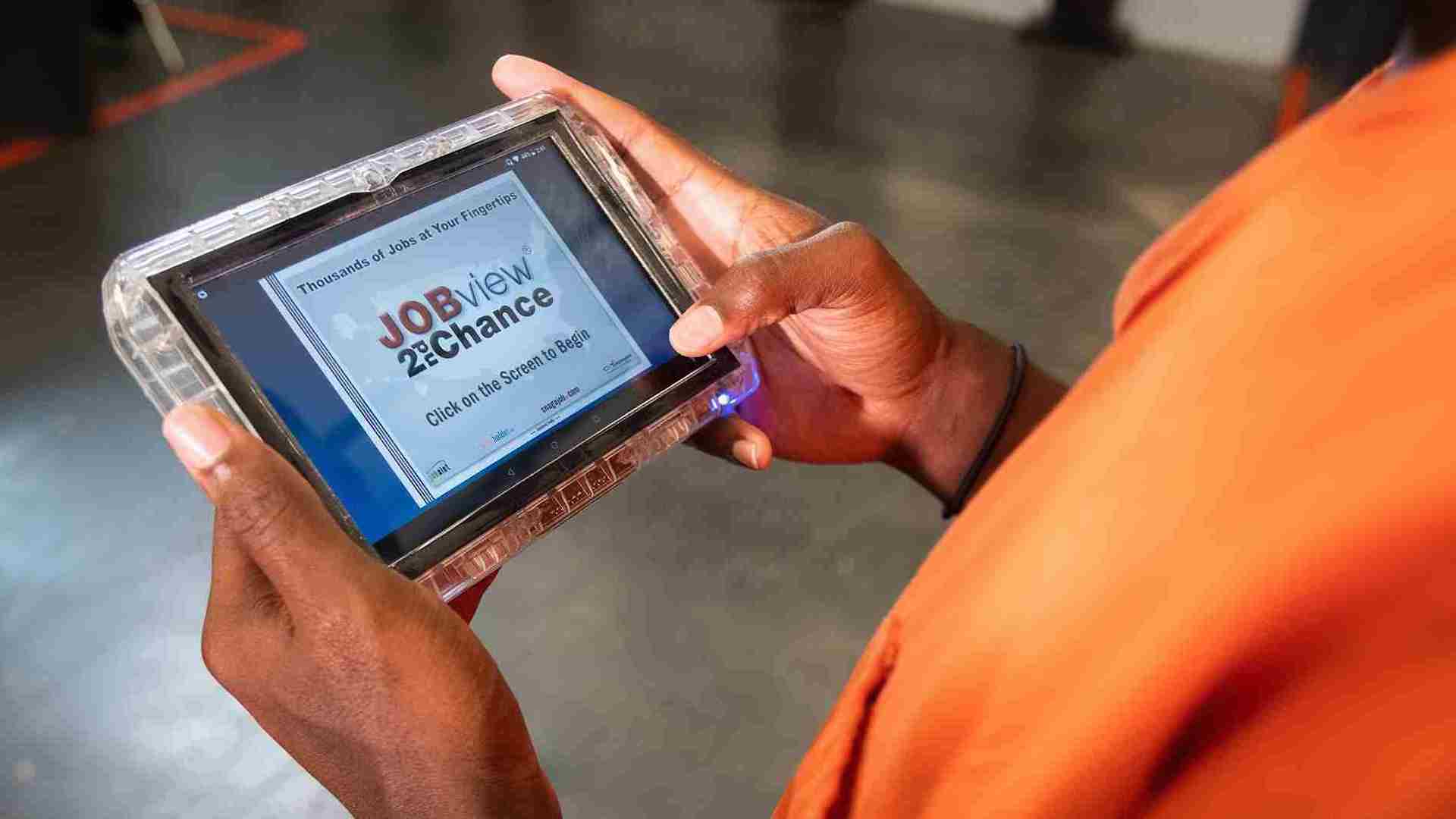| | | | | | | Presented By Aventiv Technologies | | | | Axios What's Next | | By Jennifer A. Kingson, Joann Muller and Alex Fitzpatrick · Aug 23, 2022 | | Would you buy a car that could goad you — or even force you — to obey the speed limit? The technology that does this is called "intelligent speed assistance," and New York City has just become its biggest U.S. guinea pig, as Jennifer writes. Today's Smart Brevity count: 1,105 words ... 4 minutes. | | | | | | 1 big thing: New York City forces some cars to obey speed limits |  | | | New York City Mayor Eric Adams poses in a municipal car equipped with speed-limiting technology. Image courtesy of NYC Mayor's Office. | | | | In a six-month trial, New York City has equipped 50 municipal vehicles with "intelligent speed assistance" — software that can make a car obey the speed limit, Jennifer A. Kingson writes. Why it matters: While you probably haven't heard of intelligent speed assistance — ISA — you're about to: In July, the European Union mandated its use in new models of vehicles; in 2024, it'll be compulsory in all new cars sold there. - ISA "uses a speed sign-recognition video camera and/or GPS-linked speed limit data to advise drivers of the current speed limit and automatically limit the speed of the vehicle as needed," the European Transport Safety Council says.
- Speed is a top cause of traffic fatalities, and most warning systems and Vision Zero approaches don't actively compel vehicles to heed traffic rules.
Driving the news: New York City is the first to roll out an intelligent speed assistance program in the U.S., spending more than $80,000 to install the technology and retrofit vehicles. - "If this is a successful pilot, we want to see this go throughout every vehicle that we are using in our city fleet," Mayor Eric Adams said at a press conference.
- "Unlike traditional speed governors, this intelligent governance piece of equipment will adjust the vehicle speed as the vehicle travels through locations with different speed limits," he added.
- The city's fleet includes 30,000 vehicles — "everything from yellow cabs to Parks Department cars," Jalopnik reports.
By the numbers: Studies of intelligent speed assistance based on small pilot programs in European countries projected a 26%-50% reduction in fatalities if the technology were enforced by regulation. - "Benefits are generally larger on urban roads and are also larger if more intervening forms of ISA are applied" — that is, if the technology is actually allowed to overrule a driver's actions.
- A study from the University of Leeds in the U.K. concludes that "the harder the push for ISA and the 'stronger' the system, the greater the benefits."
- A review by the European Transport Safety Council also found emissions benefits: "CO2 emissions could fall by 8% from cars using ISA."
What they're saying: The Big Apple's experiment "leaves the EU in the dust" because it uses "active" ISA, which forcibly slows vehicles, versus "passive" ISA, which tells drivers to hit the brakes, per TNW, a tech website owned by the Financial Times. - Autoweek said the program "marks a turning point for New York City, and for automotive technology as a whole."
- "Social marketing campaigns and lowering speed limits can only do so much to save lives," the publication noted. "Some governments have decided that mechanical or electronic limitations are necessary."
Read the full story. |     | | | | | | 2. "Better-for-you" alcohol is trending |  | | | Illustration: Aïda Amer/Axios | | | | We want our booze, but we want it healthy: Sales of beer, wine and spirits with vitamins, minerals and other seemingly healthful qualities are on the upswing, per a report on alcohol trends from market research company IRI. - Examples include Vizzy, a hard seltzer from Molson Coors that contains "antioxidant vitamin C from acerola superfruit." (Jennifer had to google this: Acerola is a West Indian cherry.)
- "Hard" kombucha is a trending category, though nutritionists say its probiotic benefits are dubious.
- Slapjack — a vodka made from jackfruit — calls its key ingredient "a fascinating fruit, loaded with superpowers."
- FitVine says its line of low-sugar wines are "gluten-free and vegan for those looking for a wine that encourages and fits life choices."
Yes, but: Alcohol is a known inhibitor of the body's absorption of vitamins and nutrients. By the numbers: IRI says the "better-for-you" alcohol category saw a 20.1% sales increase from 2021 to 2022, to $8.5 billion, while low and no-alcohol beverages saw a 6% increase. - As we reported in January, faux booze has been going mainstream — but those hooch-free products are different from boozy drinks that claim to be good for you.
The bottom line: Alcohol companies need to tread carefully when making health claims, lest they cross lines with regulators. - The FDA "has noted that alcoholic beverages should not be fortified with vitamins and minerals," according to lawyers from the firm DLA Piper.
|     | | | | | | 3. A volunteer army in Ohio will fight election hackers |  | | | Illustration: Brendan Lynch/Axios | | | | 80 cybersecurity experts have signed up for the Ohio Cyber Reserve, a state force akin to the National Guard whose first mission is to "fend off cyberattacks on voting systems," Bloomberg Businessweek reports. Why it matters: "Voting-related hacking attempts could have disastrous implications for American democracy if successful, and cash-strapped state and local governments are often ill-equipped to face down new technological threats," the news outlet writes. - The volunteers "work mostly in cybersecurity by day and moonlight as crime-fighting reservists on weekends and Tuesday evenings from 6 p.m. to 9 p.m."
- The program has enough money to expand to 200 people "and could ultimately grow to 500, organizers say."
What's next: "Already, other states are seeking to copy Ohio's model as they race to catch up with the threat of ransomware hacks, election interference, and other punishing cyberattacks, both foreign and domestic," Bloomberg Businessweek says. |     | | | | | | A message from Aventiv Technologies | | Bridging the digital divide | | |  | | | | Aventiv is using technology to transform the lives of incarcerated individuals and reduce recidivism rates. The impact: Over the past couple of years, it has provided... - 440 million free call minutes.
- 8 million video connections.
- A 25% reduction in call rates.
Read more. | | | | | | 4. The ultimate hypoallergenic pet |  | | | Unitree Go1 robotic dogs perform in formation during the 2022 World Robot Conference in Beijing. Photo: VCG via Getty Images | | | | The 2022 World Robot Conference in Beijing kicked off last Thursday with a choreographed performance by a pack of futuristic dogs. - Unitree calls its Go1 dog "the first bionic companion robot." At 26 pounds, it's a $2,700 lapful that uses AI to walk alongside its master.
- It can sit, beg, skitter cutely from room to room (depending on your definition of "cute"), and scamper alongside your skateboard or e-bike.
The big picture: Robot dogs are being employed in ways that would make a border collie proud, as Jennifer wrote recently — as pets, tennis ball caddies, watchdogs and facilities inspectors. - Other uses have courted controversy: The New York Police Department stopped using its "Digidog" amid civil liberties complaints, and a proposal to deploy them on the U.S.-Mexico border raised concerns.
|     | | | | | | 5. Reader photo: A "dispensary in a box" |  | | | A CBD-dispensing vending machine. Photo: Steven Okun | | | | What's Next reader Steven Okun spotted this CBD vending machine outside a Trader Joe's in Santa Monica, California, where he was "on holiday from Singapore." - "Pretty safe I will not be seeing any CBD Robots back in Singapore anytime soon," he said.
There were no cannabis products in this machine — just CBD gummies, capsules, bath bombs, etc. (Plus, of course peanut-butter-flavored CBD drops for pets.) - But cannabis vending machines are starting to crop up across the U.S., with features like age verification, enhanced security (to prevent break-ins) and bill verification.
What they're saying: "If the vending machine is filled with CBD products, there is far less limitation on where they can be placed," according to CannaCon, which organizes cannabis expositions. - CBD vending machines "can be found in malls, shopping centers, convenience stores and beyond," while machines filled with THC products must be located in "adult-use or medical cannabis dispensaries."
|     | | | | | | A message from Aventiv Technologies | | Bridging the digital divide inside prisons | | |  | | | | Aventiv Technologies is putting over 600,000 secure tablets into the hands of incarcerated individuals. Here's why: Access to support networks and educational materials creates more peaceful, productive facility environments and reduces recidivism rates. See the impact. | | | | A hearty thanks to our What's Next copy editor, Amy Stern! Was this email forwarded to you? Get your daily dose of What's Next magic by signing up here for our free newsletter. |  | | Are you a fan of this email format? It's called Smart Brevity®. Over 300 orgs use it — in a tool called Axios HQ — to drive productivity with clearer workplace communications. | | | | | | Axios thanks our partners for supporting our newsletters. If you're interested in advertising, learn more here.
Sponsorship has no influence on editorial content. Axios, 3100 Clarendon Blvd, Arlington VA 22201 | | | You received this email because you signed up for newsletters from Axios.
Change your preferences or unsubscribe here. | | | Was this email forwarded to you?
Sign up now to get Axios in your inbox. | | | | Follow Axios on social media:    | | | | | |










No comments:
Post a Comment